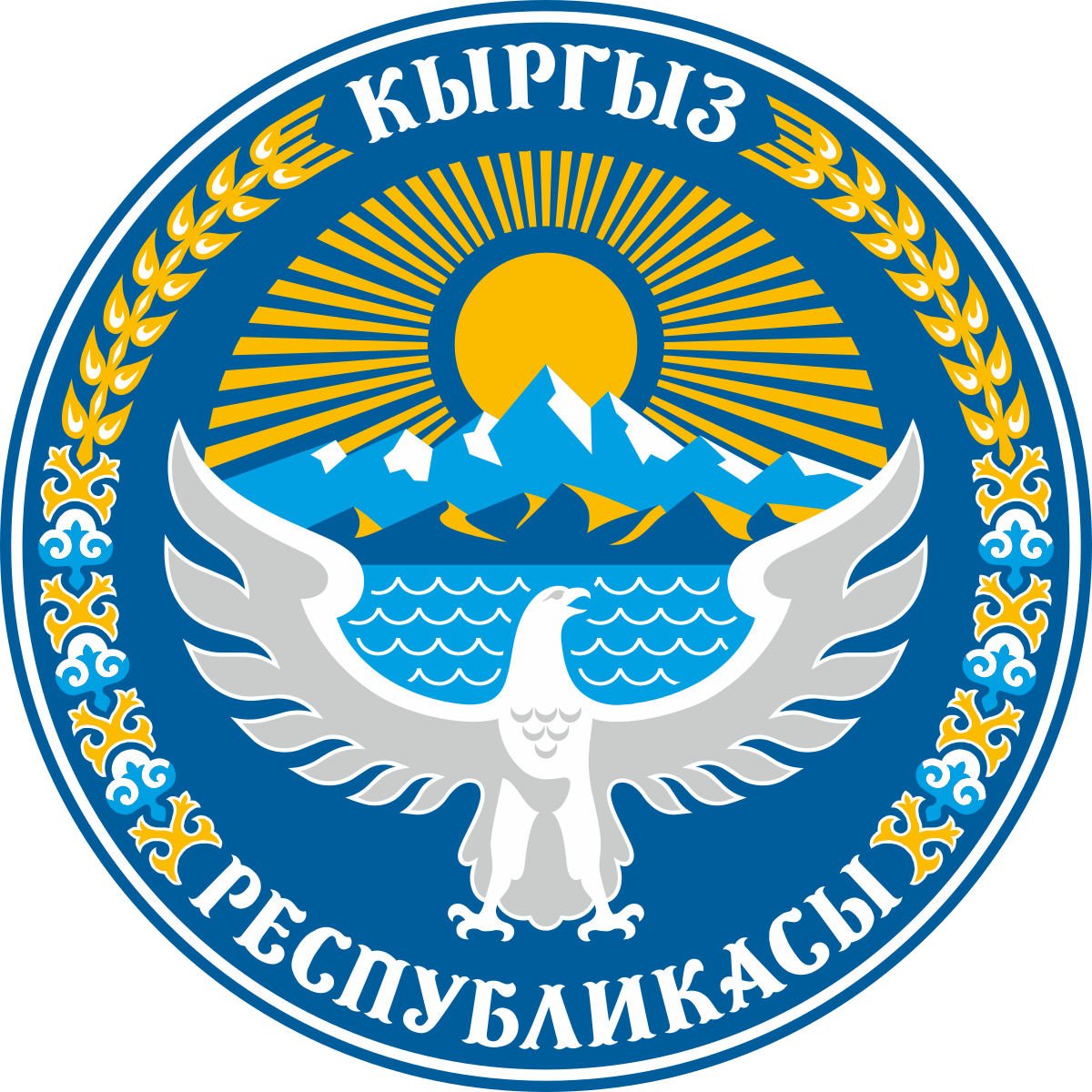A Central Asian country of incredible natural beauty and proud nomadic traditions, most of the territory of present-day Kyrgyzstan was formally annexed to the Russian Empire in 1876. The Kyrgyz staged a major revolt against the Tsarist Empire in 1916 in which almost one-sixth of the Kyrgyz population was killed. Kyrgyzstan became a Soviet republic in 1936 and achieved independence in 1991 when the USSR dissolved. Nationwide demonstrations in the spring of 2005 resulted in the ouster of President Askar AKAEV, who had run the country since 1990. Former Prime Minister Kurmanbek BAKIEV overwhelmingly won the presidential election in the summer of 2005. Over the next few years, he manipulated the parliament to accrue new powers for the presidency. In July 2009, after months of harassment against his opponents and media critics, BAKIEV won reelection in a presidential campaign that the international community deemed flawed. In April 2010, violent protests in Bishkek led to the collapse of the BAKIEV regime and his eventual flight to Minsk, Belarus. His successor, Roza OTUNBAEVA, served as transitional president until Almazbek ATAMBAEV was inaugurated in December 2011, marking the first peaceful transfer of presidential power in independent Kyrgyzstan's history. Continuing concerns include: the trajectory of democratization, endemic corruption, poor interethnic relations, border security vulnerabilities, and potential terrorist threats.
Under the 2010 Constitution, ATAMBAEV is limited to one term, which will end in 2017. Constitutional amendments passed in a referendum in December 2016 include language that transfers some presidential powers to the prime minister. Disagreement over the constitutional amendments compelled ATAMBAEV’s ruling Social Democratic Party of Kyrgyzstan to dissolve and create a new majority coalition in the Jogorku Kengesh that excluded opposition parties critical of the amendments.
Kyrgyzstan is a parliamentary republic.
Source: CIA World Factbook
Members:
Resources
Displaying 41 - 45 of 85Ministerial Decree No. 726 validating the Regulation on state land survey institution Kyrgyzgiprozem.
This Ministerial Decree establishes that state land survey institution Kyrgyzgiprozem shall be authorized state institution in the sphere of land survey operations, mapping, cadastre on the whole national territory and shall regulate its relations with natural and legal persons by contracts.
Law No. 155 amending Law No. 153 “On registration of rights to immovable property and transactions therewith”.
Article 24 shall be amended to add the following wording: “Data related to registered rights can be released from the Unified Information System on Immovable Property through Internet in accordance with the modalities set forth by the Government”.
Amends: Law No. 153 “On registration of rights to immovable property and transactions therewith”. (2007-08-09)
Law No. 88 amending Law No. 4 on management of agricultural land.
Article 8 shall be amended to add the following wording: “after the wording purchase and sale shall be inserted the wording donation”.
Amends: Law No. 4 on management of agricultural land. (2001-01-11)
Ministerial Decree No. 407 validating the Regulation on national park “Chon-Kemin”.
The Government, with a view of rational management of natural resources, conservation of biological and landscape diversity, decrees to transfer reserve land with total land area of 1068 ha, to the category of protected areas allocating it to the national park “Chon-Kemin”. State environmental protection agency shall perform zoning of the aforesaid land area. This Ministerial Decree contains the description of total territory of the national park “Chon-Kemin”.
Ministerial Decree No. 515 regarding allocation of pastures for purposes not related to grazing.
This Ministerial Decree establishes the modalities of the use of pastures and grazing resources for the purposes not related to grazing of cattle. It specifies that local authorities shall be granted the right to allocate pastures and grazing resources for payment in accordance with contracts for use of pastures and grazing resources for purposes not related to grazing of cattle. The right of use of pastures for the period of over three years shall be subject to compulsory state registration.


